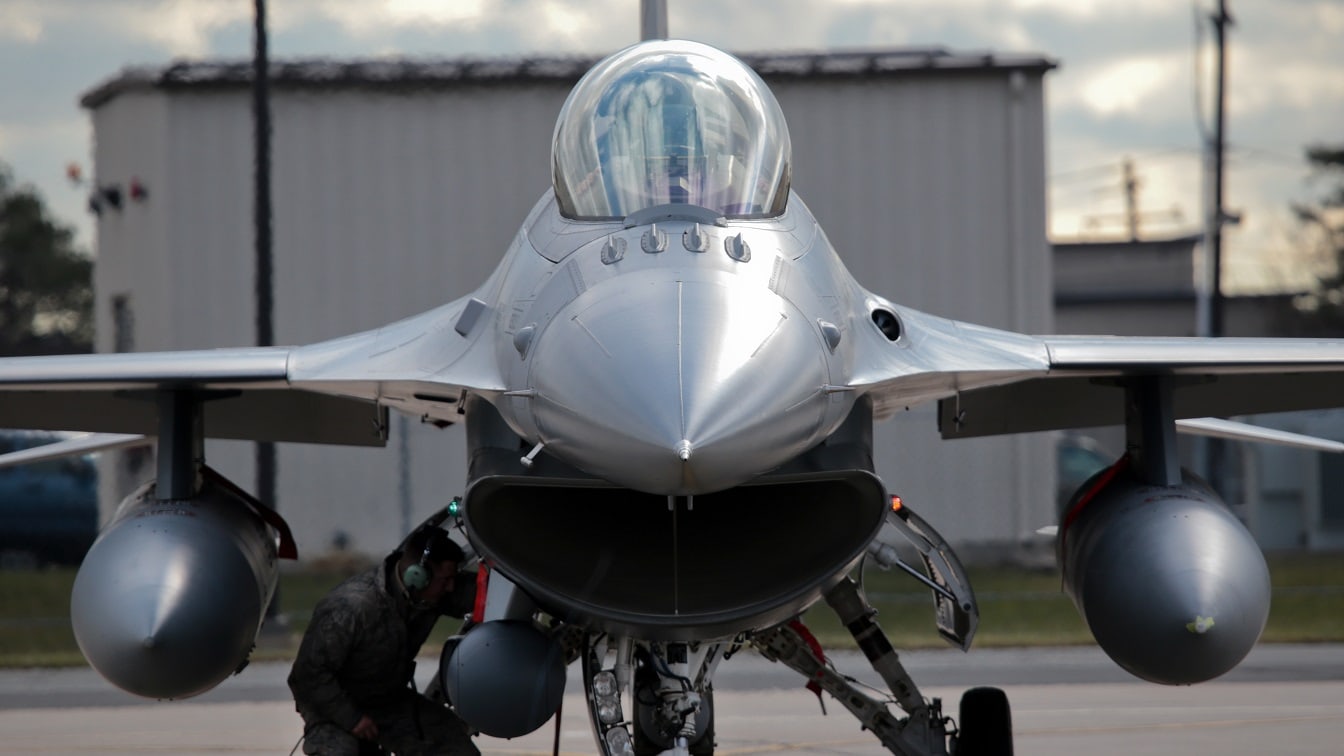Don’t Bribe Turkey to Allow Sweden and Finland to Join NATO, Play Hardball – Against the backdrop of Russia’s invasion of Ukraine and Russian President Vladimir Putin’s increasingly erratic behavior, Sweden and Finland seek NATO membership. Turkish President Recep Tayyip Erdogan, Putin’s sanctions-evasion lifeline, has threatened to block their application.
NATO should dump Turkey. Whether due to Turkey’s dictatorship, its sponsorship of terrorist groups like Hamas and Syrian Al Qaeda affiliates, its betrayal of American intelligence, its double-dealing with the Taliban in Afghanistan or a host of other reasons, Turkey simply does not belong.
To expel Turkey from NATO, though, is easier said than done for two reasons: First, there is no formal mechanism to expel members from the alliance. In the past, France and Greece temporarily left the integrated military campaign, but they did so voluntarily, and, regardless, they remained in the alliance. Second, because consensus governs NATO decision-making, Turkey’s President Recep Tayyip Erdogan can block any move to push Turkey out. In effect, Turkey has become a Trojan Horse inside NATO.
While most NATO members see the organization as a means of mutual defense, Erdogan views Turkey’s membership as an opportunity to exploit. He signals that Turkey’s vote is for sale to the highest bidder. If he is to accept Sweden and Finland in NATO, then he expects a reward. That might be Congressional approval of the Biden administration’s sale of new F-16s and enhancement packages to Turkey, or it could be a Scandinavian crackdown on Kurdish Diaspora activism and finance within their own countries. Simultaneously, Erdogan is likely sending intermediaries to Putin to see what the Russians are willing to offer him to keep Sweden and Finland out.
To bargain with Turkey, however, legitimizes Erdogan’s tactics. Just as Iran responds to White House concessions on the nuclear front by raising its demands, so too might the mercurial dictator in Ankara. At the very least, appeasing Erdogan will set a dangerous precedent among other NATO states whose leaders now or in the future might seek to sell their votes.
NATO members have been aware of the problem for some time. While the United States criticized French President Emmanuel Macron’s November 2018 call for a European army as a danger to NATO and a play to the anti-Americanism which President Donald Trump fanned amongst many West European elites, defense officials from countries further east privately told me problems with Ankara rather than Washington motivated their interest in the project. A European army would be ineffective, however, without its North Atlantic component—the United States and Canada—nor the naval, nuclear, and satellite capabilities the United States especially brings. This is even truer today after Brexit severed United Kingdom membership in the European Union.
Perhaps a better approach would be to coerce rather than appease Turkey. Stop Turkish Airlines flights to NATO members until Turkey acquiesces. As Erdogan approaches 2023 elections, the economy remains his Achilles’ heel. Even minor tariffs imposed to pressure Turkey to release Pastor Andrew Brunson, an American cynically held hostage on Erdogan’s orders caused Turkey’s unstable currency to collapse further. One U.S. dollar is equal to 15 Turkish lira. Turks should expect 25 unless Erdogan changes his mind. Finally, end the U.S. presence in Incirlik. Greece, Romania, and perhaps even Cyprus can offer alternatives.
NATO, too, can isolate Turkey within the organization. Classified U.S. documents often list the countries whose officials can read the documents: It is time to firewall all U.S. and other NATO member intelligence and memos from Turkey. NATO should essentially take a lesson from New York City teachers’ unions. If the bad actor can’t be fired, simply place them in a rubber room where they can read a newspaper all day until boredom gets the best of them.
Both the State Department and European foreign ministries’ knee-jerk reaction is always to negotiate. Diplomacy is more than just talk, however. Sometimes it involves using other tools to make other leaders an offer they can’t refuse.
Now a 1945 Contributing Editor, Dr. Michael Rubin is a Senior Fellow at the American Enterprise Institute (AEI). Dr. Rubin is the author, co-author, and co-editor of several books exploring diplomacy, Iranian history, Arab culture, Kurdish studies, and Shi’ite politics, including “Seven Pillars: What Really Causes Instability in the Middle East?” (AEI Press, 2019); “Kurdistan Rising” (AEI Press, 2016); “Dancing with the Devil: The Perils of Engaging Rogue Regimes” (Encounter Books, 2014); and “Eternal Iran: Continuity and Chaos” (Palgrave, 2005).

